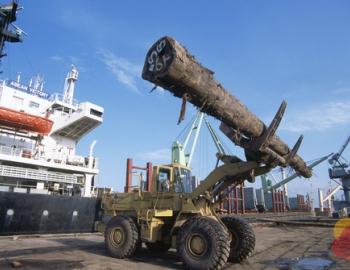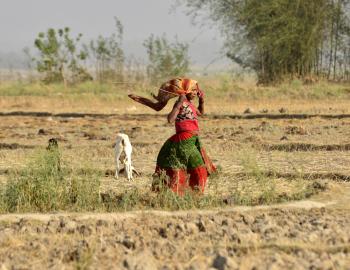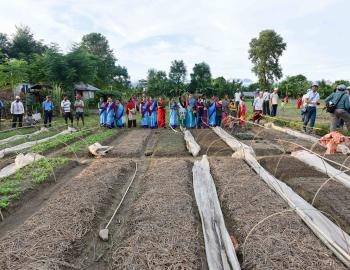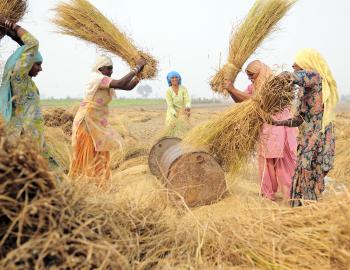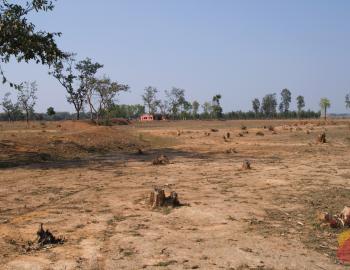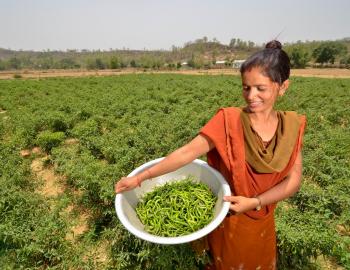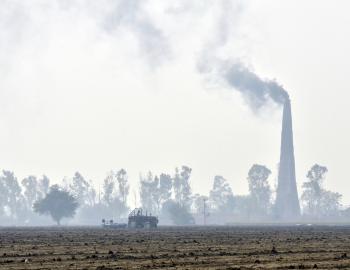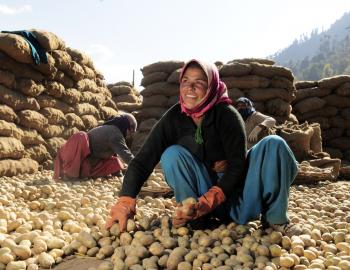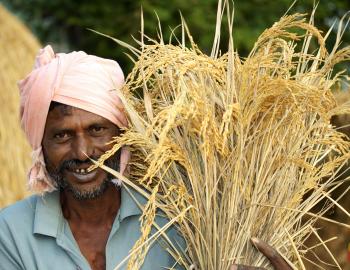The IPCC’s Land Report: What’s in it for South Asia
The IPCC’s Land Report: What’s in it for South Asia
What’s in it for South Asia presents key findings from the IPCC’s Special Report on Climate Change and Land (SRCCL) for South Asia. The report extracts South Asia-specific data, trends and analysis directly from SRCCL, summarising it in a short volume to make it accessible to all audiences, and highlights key opportunities to achieve adaptation, mitigation and development.
The report’s full name is Climate Change and Land, an IPCC special report on climate change, desertification, land degradation, sustainable land management, food security, and greenhouse gas fluxes in terrestrial ecosystems. It is one of three special reports that the IPCC is preparing during the current Sixth Assessment Report cycle.
The report was prepared by 107 experts from 52 countries (with a majority of authors from developing countries) and spans more than 1,500 pages. Now, the Climate and Development Knowledge Network has released a succinct guide to the Special Report for decision-makers in South Asia.
South Asia Land Toolkit
Alongside the What’s in it for South Asia report, CDKN presents a ‘Communications toolkit’, a bundle of resources freely available for training, educational and reporting purposes, to encourage understanding of the report worldwide.
Image of timber being imported to a port in India
Courtesy of Pixtal Photograph/Fotosearch
A woman walks across her fields in the Rupandehli District, Nepal
Courtesy of Neil Palmer/CIAT
Climate-smart village in Nepal
Courtesy of Neil Palmer/CIAT
Image of farmers threshing rice in South East Punjab, India
Courtesy of Neil Palmer/CIAT
Image of illegal cutting in a remote area of Bengal, India
Courtesy of JuliaMilberger/Fotosearch
A woman growing beans, Nepal
Courtesy of Neil Palmer/CIAT
Wheat planting near Sangrur, South East Punjab, India.
Courtesy of Neil Palmer/CIAT
Image of woman with the potato harvest in Himachal Pradesh, India.
Courtesy of Neil Palmer/CIAT
Image of farmer harvesting his paddy crop in India
Courtesy of Visage/Fotosearch

